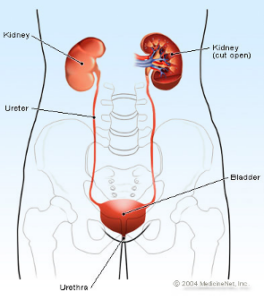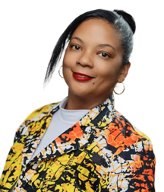By Peta-Gaye Forbes-Robinson
I am the parent who expected nothing less than a smooth parenting journey. I expected to have a child who would learn important skills that are quite normal early in life, such as opening of the eyes, smiling, cooing—ooh, do I just love the sound of babies cooing? —eating, sitting up, rolling over, creeping, walking after a few trials and errors, speaking, and the big bang—potty training. I am pretty sure, just like me, you expected that, too.
Well, the heartfelt truth of it all is that we do not always receive our gifts of preference, nor do we receive them in the colour or type of package we so desire. What do you do when this happens? In Jamaican creole, otherwise known as patois, ‘you tek weh yuh get” (accept what God has entrusted to your care).
Many parents or families have been exposed to autism spectrum disorder for decades. It has become a resounding and daunting topic for many. Autism (ASD) has garnered a stigma of death and hopelessness. Have you ever received a diagnosis that says, ‘You have stage 4 cancer or you are H.I.V. positive?
Well, a diagnosis stating, ‘Your child has mild, moderate, or severe Autism or Asperger’s Syndrome seems to produce similar reactions. Parents automatically believe there is no hope, and the child they have is automatically pronounced to be ‘a death sentence.’
However, this article is not so much about autism as it is about Global Developmental Delay (GDD). Could your problem be GDD and not autism? Would you have some hope then?
The terminology ‘Global Developmental Delay’ is really coined to describe a child who takes much longer than peers their age to meet certain developmental milestones, such as the ability to walk, talk, kick a ball, hold a pencil, write, socialise with peers, follow instructions, understand emotions, speak, and comprehend; over all, just learn new things daily.
Global Developmental Delay can be easily mistaken for Autism if one is not quite knowledgeable of the distinct differences in signs. GDD can begin to manifest in children right after birth, which can be as a result of complications in pregnancy or problems that developed during or before birth. For example, not receiving enough oxygen or even having a premature birth can lead to GDD.
In addressing this issue, Mosaic Early Intervention (which designs specialized programmes for children with autism spectrum disorder) states that both GDD and ASD are complex neurological disorders. It is difficult to identify the differences when the child is very young, so it is very important that you understand what each is.
As a child grows, it will become easier for you to assess if the child is meeting certain milestones. You may observe signs similar to autism, such as being unresponsive to names or loud sounds, zero babbling, no sound imitation, tip-toeing, a delay in walking, etc. However, distinct signs of autism that GDD does not share are things like hand flapping, repetitive or restrictive behaviour patterns, and object obsession, amongst others.
It is always advisable to visit your local Paediatrician if, by 2 years old, your child is not speaking 10–15 words, has no two-word phrases, and only imitates speech.
GDD is dealt with similarly to autism: assessments, evaluations, and even treatment are done in the same manner.
Some treatments you may consider are:
- Intercession (Prayer for healing and deliverance)
- Speech and language pathology
- Occupational Therapy
- Physical Therapy
- Applied Behavior Analysis
- Play Therapy
In conclusion, all these suggestions are best done in a naturalistic style, whether at home, in a school setting, or in child care. All persons working with your child or children must be trained in or experienced in the area of specialty. Autism is not a death sentence and neither is Global Developmental Delay.
__________________________________________
With a degree in Business Administration, Peta-Gaye Forbes-Robinson has always been interested in catering to the needs of persons with disabilities, teaching, and observing what causes people to behave the way they do. She has done much work in the field of autism, and can be reached at giftedmindsresourcecentre@gmail.com.






